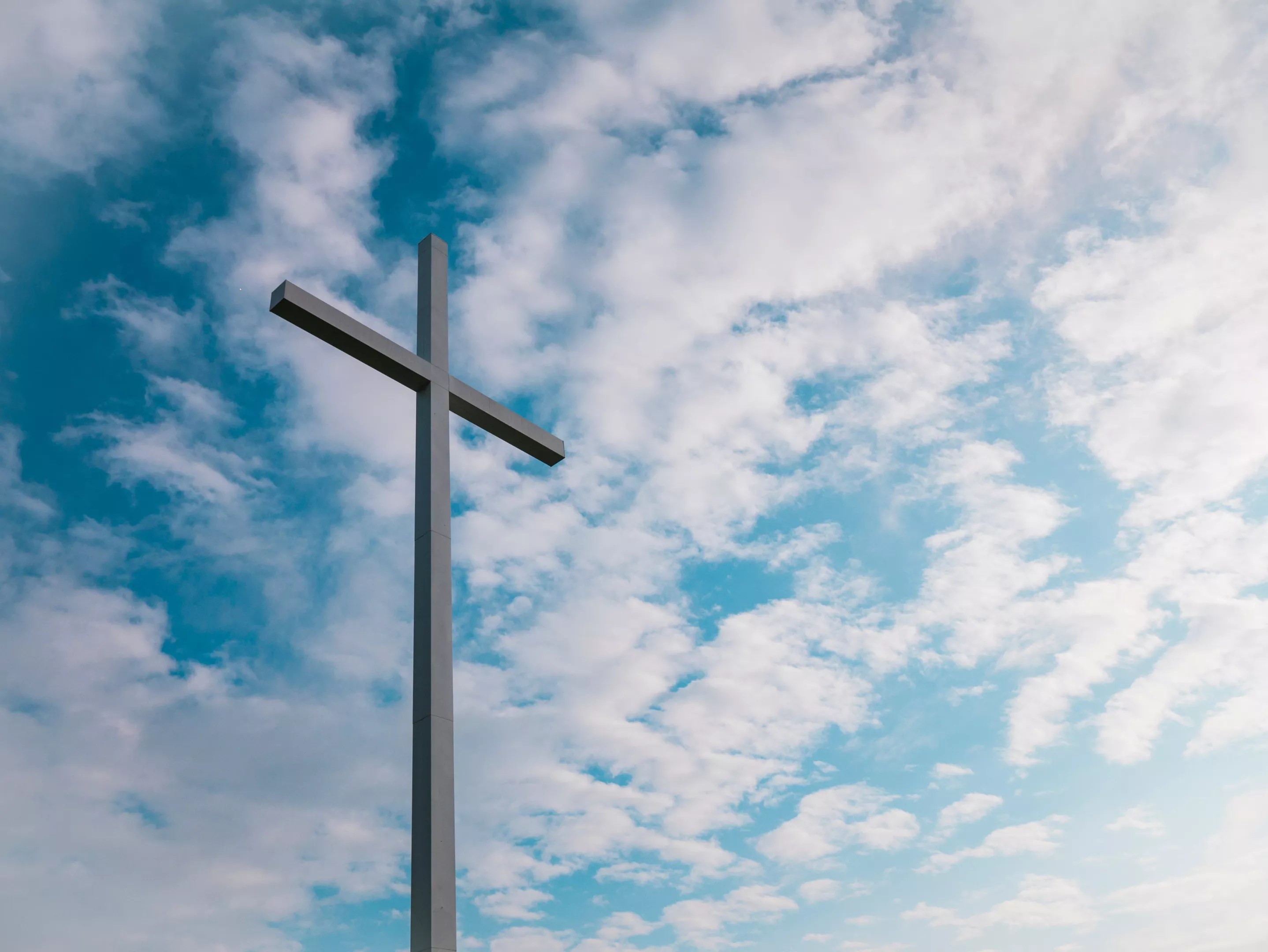
Photo by Aaron Burden on Unsplash

Audio By Carbonatix
Britt Luby loved attending public school in Houston with students from a variety of religions, including Judaism, Islam and Sikhism. Now a Catholic chaplain, Fort Worth-based Luby is devoutly religious – but she fears that the division between church and state will erode after a new law takes effect on Friday.
Last week, Luby and around 100 other Texas chaplains signed a letter addressed to the state’s school boards condemning Senate Bill 763. The law will require districts to vote on whether to adopt a policy allowing chaplains to be hired or serve as volunteers in schools.
Religious and civil rights leaders have blasted SB 763 as unconstitutional.
“It is so important to me that I have the ability to practice my faith and to educate my children in faith. That’s important to me,” Luby said. “I just don’t want it happening in public school.”
Over the past couple of years, religion has steadily crept onto campuses across Texas.
State leaders during the 2021 legislative session green-lit a law mandating “In God We Trust” signs in schools. This year, Republicans rallied behind a bill that would have required the display of the Ten Commandments in each classroom.
SB 763’s supporters insist that chaplains will help prevent student drug use, suicide and even school shootings.
But critics point out that the law doesn’t mandate training or qualifications for would-be chaplains other than passing a background check. When the proposal was working its way through the state Legislature, an amendment that would have banned proselytizing to students ultimately failed.
The letter’s signees argue that chaplaincy programs will violate families’ right to religious freedom and will strip funding from qualified mental health professionals.
“Not only are chaplains serving in public schools likely to bring about conflict with the religious beliefs of parents, but chaplains serving in public schools would also amount to spiritual malpractice by the chaplains,” reads the letter, which was organized by the Baptist Joint Committee for Religious Liberty (BJC), Texas Impact and Interfaith Alliance.
When she was in her 20s, Luby volunteered with the Peace Corps in Morocco, a Muslim country by law. She loved her time there but also saw first-hand what it’s like living in a place where religion is entwined in the government and legal system.
The experience made her appreciate the separation of church and state that much more.
“I missed the religious diversity that comes from living in a country where you are free to practice whatever you want, and you are free from being pushed into one religious box,” Luby said.
“It worries me. It worries me. I’m afraid this is just the beginning.” – Cantor Sheri Allen
Luby’s interactions with Muslims helped mold her into the chaplain she is today.
“I am constantly learning from my friends who practice other religious traditions, or people who aren’t religious at all. That all helps me be a better chaplain,” she said. “And I don’t want to see that richness go away because of some false idea that we’re a Christian nation.”
Religious freedom advocates are sounding the alarm over a recent rise in Christian nationalism. A 2022 poll by the Pew Research Center found that 45% of Americans believe that the U.S. should be a Christian nation.
BJC’s Executive Director Amanda Tyler, who has a third-grade student enrolled in a Dallas public school, is “deeply concerned” about that trend.
“Christian nationalism conflates religious and political authority, and our public schools should not be endorsing religion – they should continue to leave that up to the students and their families,” she said in a news release. “School districts should reject this misguided effort to inject more religion and division in our schools.”
Cantor Sheri Allen of Fort Worth signed the letter, too. As someone who practices Judaism, a minority religion in Texas, she finds it “very disturbing” to know that people with no experience, accreditation or certification will likely soon serve as school chaplains.
The way Allen sees it, public schools should be a place where every student feels welcome, regardless of their beliefs. Now, those who don’t follow the majority religion could be made to feel “othered.”
“Students from a range of different faith traditions, or even no faith tradition, will undoubtedly feel uncomfortable and anxious, or pressured and even ostracized if their beliefs don’t conform to those of the chaplain if the chaplain chooses to share those beliefs with the student,” she told the Observer.
Chaplains aren’t trained in the way that school counselors are, including in areas like mental health support and suicide prevention, Allen added.
“You see this infiltration now of a group of people with an agenda wanting to get their brand of religion into public spaces,” Allen said. “What’s going to be next? What’s going to happen now?
“It worries me. It worries me,” she continued. “I’m afraid this is just the beginning.”